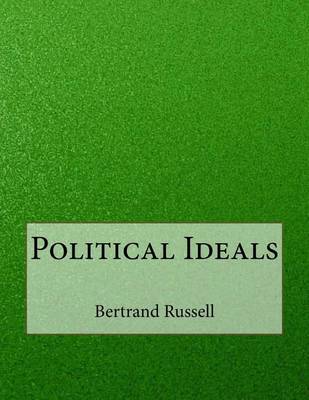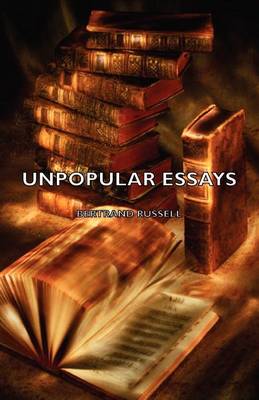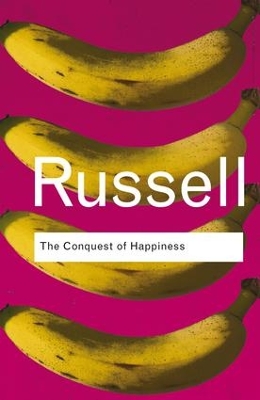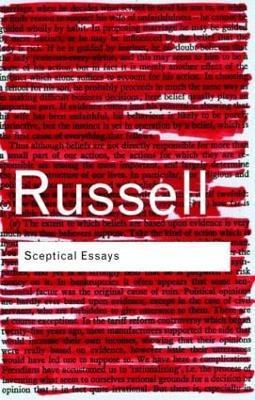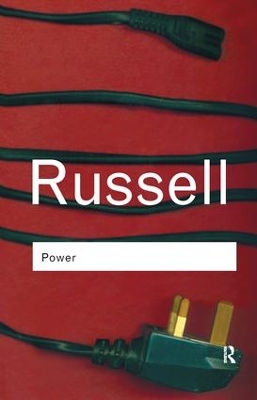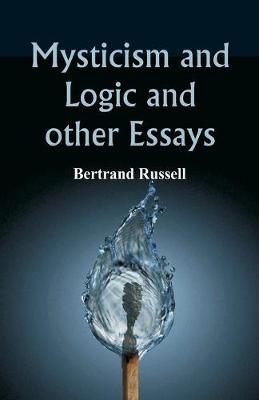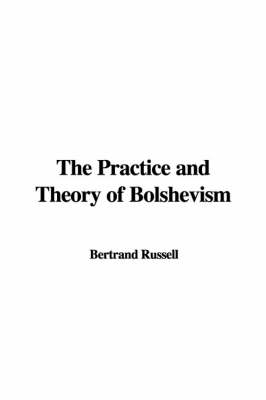U.Books
15 total works
"I am as firmly convinced that religions do harm as I am that they are untrue," Russell declares in his Preface, and his reasoned opposition to any system or dogma which he feels may shackle man's mind runs through all the essays in this book, whether they were written as early as 1899 or as late as 1954.
The book has been edited, with Lord Russell's full approval and cooperation, by Professor Paul Edwards of the Philosophy Department of New York University. In an Appendix, Professor Edwards contributes a full account of the highly controversial "Bertrand Russell Case" of 1940, in which Russell was judicially declared "unfit" to teach philosophy at the College of the City of New York.
Whether the reader shares or rejects Bertrand Russell's views, he will find this book an invigorating challenge to set notions, a masterly statement of a philosophical position, and a pure joy to read.
A classic collection of Bertrand Russell's more controversial works, reaffirming his staunch liberal values, Unpopular Essays is one of Russell's most characteristic and self-revealing books. Written to "combat... the growth in Dogmatism", on first publication in 1950 it met with critical acclaim and a wide readership and has since become one of his most accessible and popular books.
The Conquest of Happiness is Bertrand Russell's recipe for good living. First published in 1930, it pre-dates the current obsession with self-help by decades. Leading the reader step by step through the causes of unhappiness and the personal choices, compromises and sacrifices that (may) lead to the final, affirmative conclusion of 'The Happy Man', this is popular philosophy, or even self-help, as it should be written.
'These propositions may seem mild, yet, if accepted, they would absolutely revolutionize human life.'
With these words Bertrand Russell introduces what is indeed a revolutionary book. Taking as his starting-point the irrationality of the world, he offers by contrast something 'wildly paradoxical and subversive' - a belief that reason should determine human actions. Today, besieged as we are by the numbing onslaught of twenty-first-century capitalism, Russell's defence of scepticism and independence of mind is as timely as ever. In clear, engaging prose, he guides us through the key philosophical issues that affect our daily lives - freedom, happiness, emotions, ethics and beliefs - and offers no-nonsense advice.
The key to human nature that Marx found in wealth and Freud in sex, Bertrand Russell finds in power. Power, he argues, is man's ultimate goal, and is, in its many guises, the single most important element in the development of any society. Writting in the late 1930s when Europe was being torn apart by extremist ideologies and the world was on the brink of war, Russell set out to found a 'new science' to make sense of the traumatic events of the day and explain those that would follow.
The result was Power, a remarkable book that Russell regarded as one of the most important of his long career. Countering the totalitarian desire to dominate, Russell shows how political enlightenment and human understanding can lead to peace - his book is a passionate call for independence of mind and a celebration of the instinctive joy of human life.
Marriage and Morals is a compelling cross-cultural examination of individual, familial and societal attitudes towards sex and marriage. By exploring the codes by which we live our sexual lives and conventional morality, Russell daringly sets out a new morality, shaped and influenced by dramatic changes in society such as the emancipation of women and the wide-spread use of contraceptives. From the origin of marriage to the influence of religion, Russell explores the changing role of marriage and codes of sexual ethics. The influence of this great work has turned it into a worthy classic.

